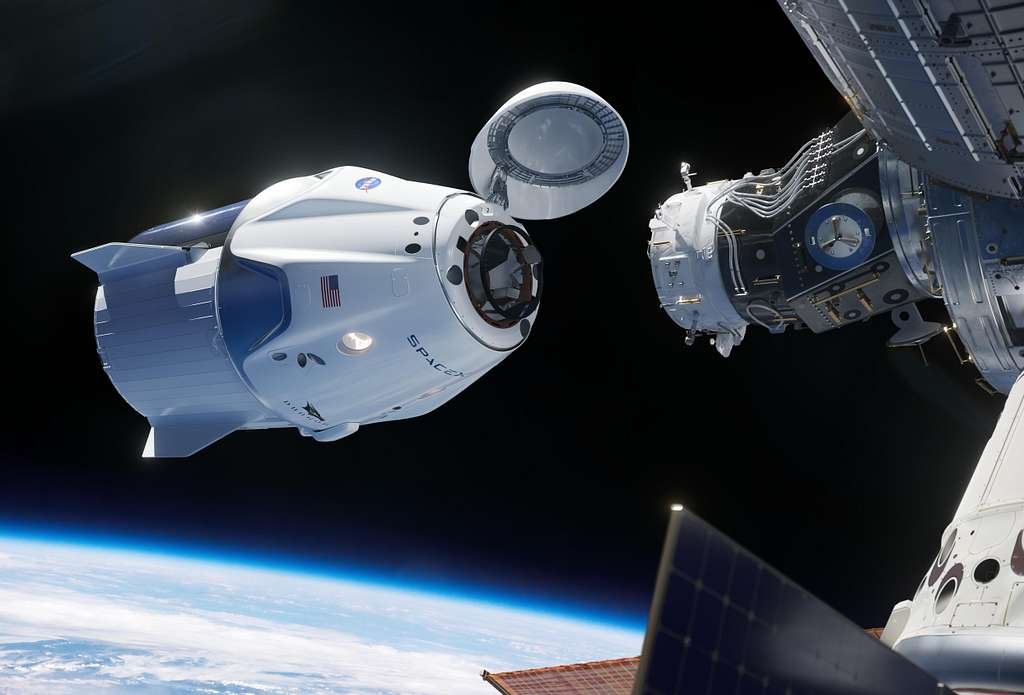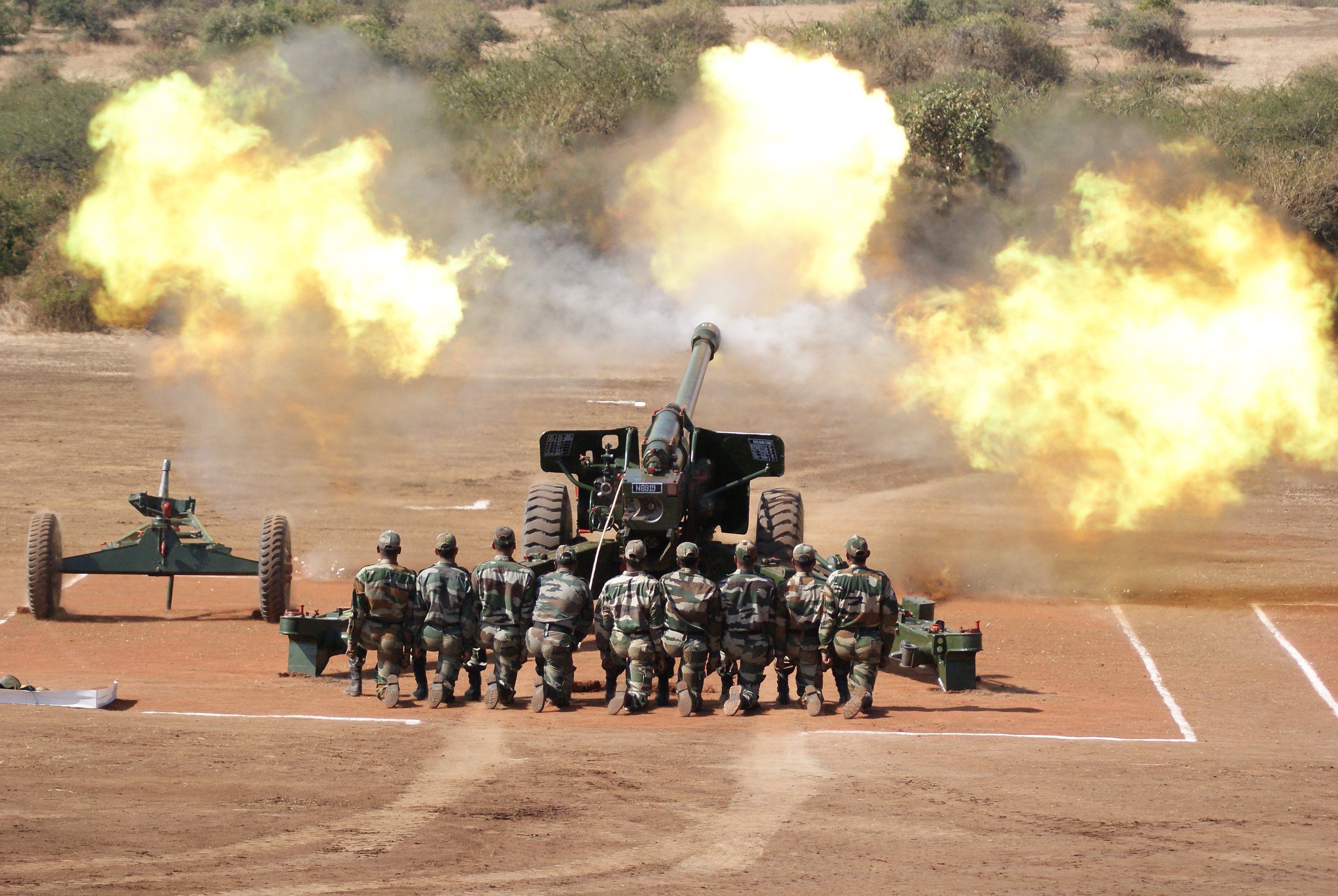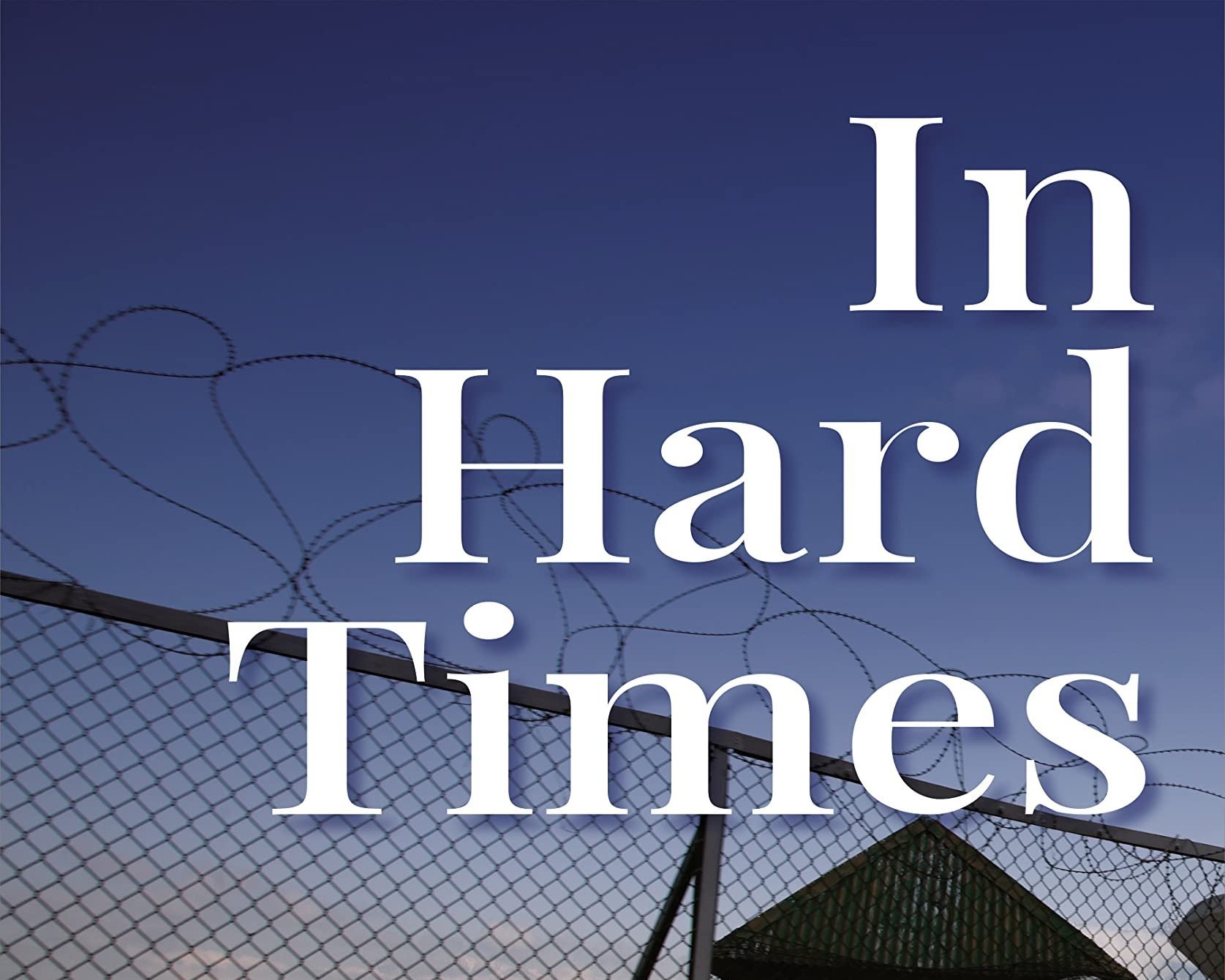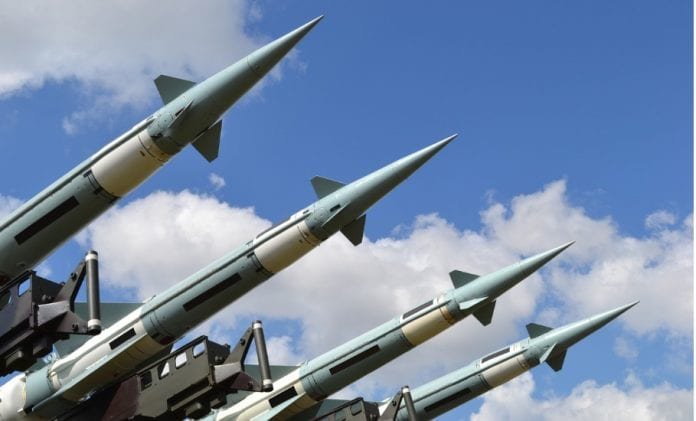
Strategic Studies Programme
The Strategic Studies Programme at Takshashila examines ways in which India can shape its external environment to enable security and prosperity at home.
About the Programme
Amid global political and economic convulsions, the world is witnessing rising tensions, increased defence spending, and a falling appetite for confidence building measures and arms control. States are also engaged in active debates about the changing character of war and the enduring utility of force in international relations.
The Strategic Studies Programme strives to develop concrete and relevant proposals for shaping India’s approach to these rapidly evolving challenges. Our work on A National Security Doctrine For India outlines the principles and goals that form the bedrock of our efforts in this field.
Interested in understanding the intersection of defense and foreign affairs? Check out our courses!
Our Areas of Focus

Partners in Power
The international order is undergoing dramatic changes, with sharpening rivalries and new pressures on the global trading system. Amid these historic shifts, India will need to forge a path that helps it maintain its autonomy, sustain economic growth, and meet its global aspirations.
Read our work on India’s Path to Power: Strategy in a World Adrift

Global No-First Use
As global arms control measures fail and international tensions arise, nuclear states across the world should pledge no-first-use of nuclear weapons. A global no-first-use agreement would be a pragmatic way to lower alert levels, slow down arms races, and restore some degree of safety to fraught international relationships.
Read our Critique of Nuclear First Use and on The US & No First Use

Armed Forces for the Information Age
The proposal to organise India’s armed forces into theatre commands is only the first step required in a broader process of preparing for the military realities of the 21st century. The range of contingencies India could encounter in the decades ahead are vast and complex, and will require nimble and flexible armed forces.
Read our proposal on India’s Theatre Command System

Maritime Strategy
The oceans are crucial highways for the movement of energy, merchandise, and information. They are also a domain in which states project military power. Since India’s prosperity and peace are dependent on its ability to use its geographic maritime location, growing its maritime power will be a crucial pillar of national power.
Read our work on Submarine Cables: A Maritime National Security Perspective for India and Use of Sea Power to Balance China's Rise
Recent Analysis
By Aditya Ramanathan
By Shrikrishna Upadhyaya
By Shambhavi Naik, Pranav R Satyanath, Saurabh Todi & Shrikrishna Upadhyaya
By Shrikrishna Upadhyaya
By Pranav R Satyanath
By Shrikrishna Upadhyaya
Recent Commentaries
By Lt. Gen. Prakash Menon
By Lt. Gen. Prakash Menon
By Lt. Gen. Prakash Menon
By Lt. Gen. Prakash Menon
By Lt. Gen. Prakash Menon
By Lt. Gen. Prakash Menon
By Lt. Gen. Prakash Menon
By Lt. Gen. Prakash Menon
By Lt. Gen. Prakash Menon
By Lt. Gen. Prakash Menon
By Lt. Gen. Prakash Menon
Meet the AMT Team
Anushka Saxena is a Staff Research Analyst with Takshashila’s Indo-Pacific Studies Programme. Her research focuses on the Chinese People’s Liberation Army and its reforms, China-Taiwan Relations, and India’s Foreign Policy. She also curates the weekly Newsletter, ‘Eye on China’. She tweets @SaxenaAnushka_.
Lt. Gen. (Retd) Prakash Menon is the Director of the Strategic Studies Programme. He is also Professor Emeritus at Trans Disciplinary University (TDU), Bangalore and Adjunct Professor, National Institute of Advanced Studies, Bangalore.
Aditya is an Associate Fellow with the Takshashila Institution. A journalist by training, he has previously worked at Mint and as a freelancer. He has also researched and written on colonial-era Indian military history.



















